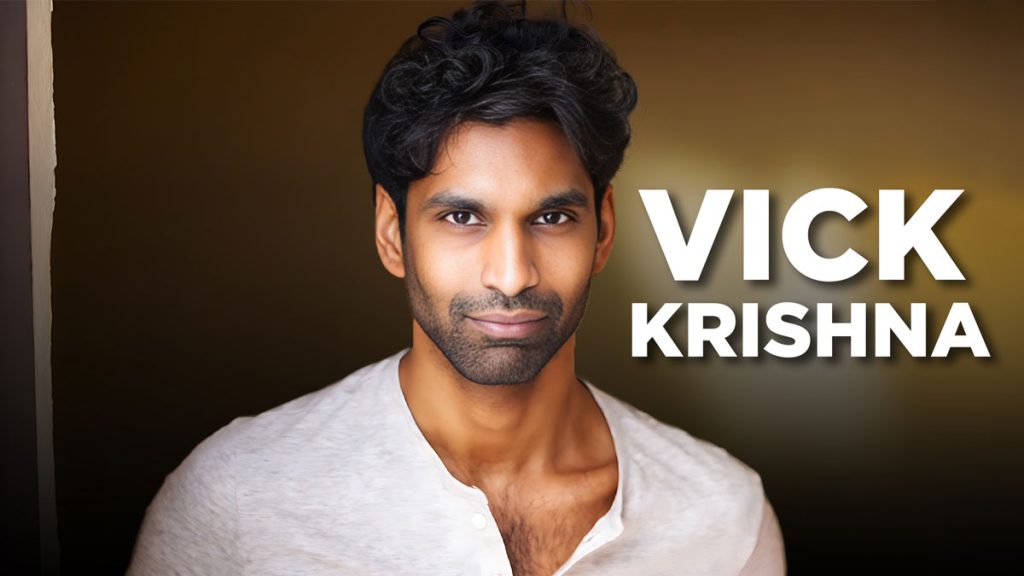Spotlight










Morning creativity is something many people experience but rarely question. Have you ever noticed that your best ideas seem to flow effortlessly right after waking up? There’s a reason for this, and it all comes down to brain function, circadian rhythms, and how our cognitive ability resets overnight.
Our biological clock plays a crucial role in determining when we feel most alert and mentally sharp. After a good night’s sleep, our brain is well-rested, allowing for better problem-solving, fresh perspectives, and peak performance. This is why many writers, artists, and innovators swear by early morning hours for their most productive work.
ADVERTISEMENT
Sleep quality directly influences how creative we feel. During deep sleep, the brain strengthens neural connections and processes information gathered throughout the day. This enhances mental clarity and improves idea generation. When we wake up, our mind is at its most refreshed state, free from distractions, making it easier to focus and explore new concepts.
Alertness and energy levels also contribute to morning creativity. Right after waking up, our stress hormone cortisol naturally spikes, increasing awareness and cognitive ability. This boost helps us think more clearly and make connections between ideas that might not have been obvious the night before. It’s why many problem-solving breakthroughs happen early in the day.

Our body follows a natural cycle known as the circadian rhythm, which regulates sleep, energy levels, and brain function. In the morning, cognitive performance is typically at its peak, especially for tasks that require logic, analysis, and structured thinking. Studies suggest that people tend to perform better on tasks that involve strategic thinking and productivity during their first few hours of being awake.
However, creative thinking can also be heightened when we are slightly less focused. For some, moments of mental relaxation in the morning—such as sipping coffee, taking a shower, or going for a walk—allow random ideas to connect, leading to unexpected bursts of creativity. This balance between mental clarity and relaxed thinking is what makes morning hours so valuable for idea generation.

While morning creativity is common, not everyone experiences it the same way. Night owls, whose biological clock is shifted, might find their peak performance happening later in the day. Their brains tend to reach optimal alertness in the evening, making that their most creative time.
Regardless of whether creativity strikes in the morning or at night, the key lies in understanding personal energy levels and working in alignment with them. Knowing when your brain is most engaged allows you to maximize problem-solving skills and productivity.
Our minds are naturally wired to be more receptive to fresh ideas in the morning. Whether it’s due to enhanced neural activity, the effects of deep sleep, or an increase in alertness, this period offers a prime opportunity for creativity. By recognizing this pattern, we can make the most of our natural peak hours and turn them into a source of inspiration.
ADVERTISEMENT
